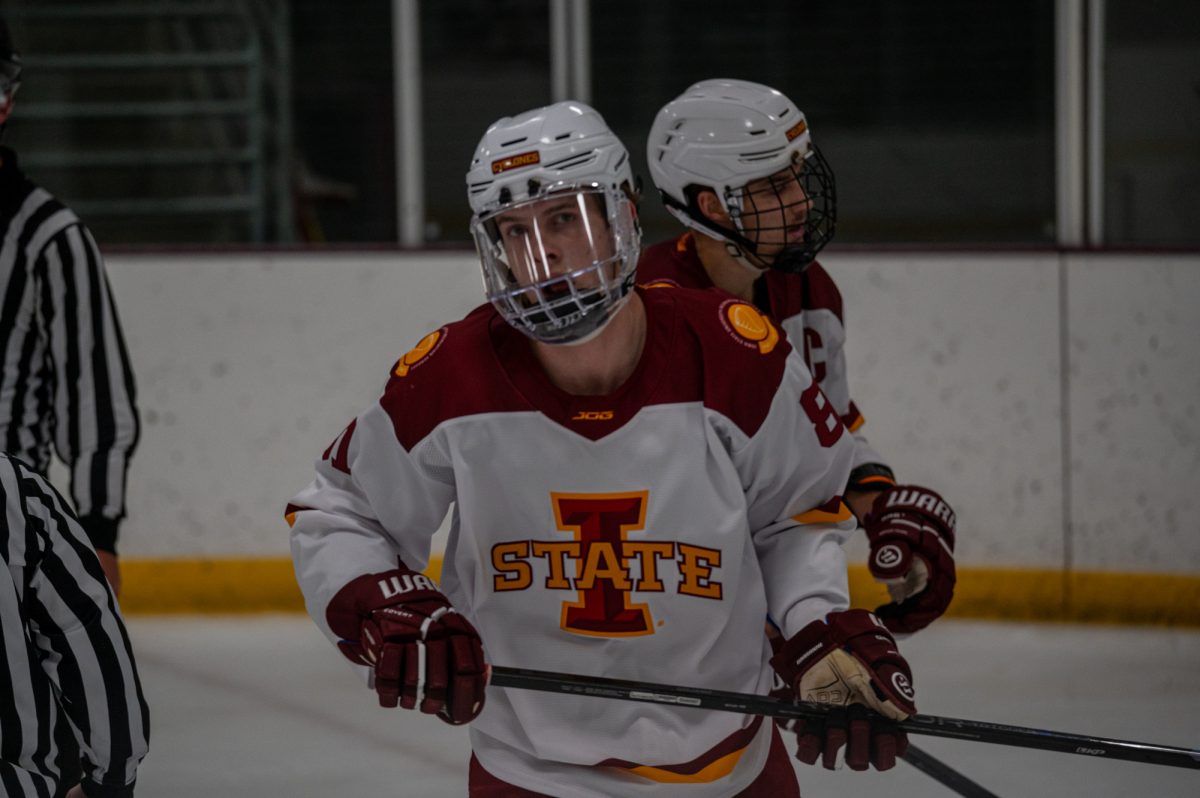Iraq Cabinet seeks changes to US security pact
October 20, 2008
BAGHDAD — Iraq’s Cabinet decided Tuesday to ask the Americans for unspecified changes in the draft security pact that would allow U.S. troops to remain here another three years, despite warnings that it would be hard to reopen negotiations on the agreement.
Government spokesman Ali al-Dabbagh said the Cabinet decided amendments were needed to win “national acceptance” for the draft, which must be approved by parliament before the current U.N. mandate expires at the end of this year. Without a new agreement, there would be no legal basis for the U.S.-led military mission.
Prime Minister Nouri al-Maliki and his ministers spent over five hours reviewing the draft agreement before deciding Tuesday to request changes, al-Dabbagh said. Their decision came two days after al-Maliki’s own Shiite coalition expressed reservations about the accord, hammered out after months of intensive negotiations.
Al-Maliki aide Sami al-Askari said several members of the Shiite coalition wanted to remove language allowing the government to ask U.S. forces to stay beyond the end of 2011 and wanted clarification of some parts of the jurisdiction clause.
The agreement would call for U.S. troops to leave the cities by the end of June and withdraw from the country by Dec. 31, 2011 unless the government asked them to stay. The draft would also provide limited Iraqi jurisdiction over soldiers and contractors accused of major, premeditated crimes committed off post and off duty.
Foreign Minister Hoshyar Zebari told reporters last week that it would be difficult to reopen negotiations, which have gone on for most of this year.
But Al-Maliki wants his coalition Cabinet to sign off before sending it to parliament. Al-Maliki fears he could end up politically isolated if he pushes forward with the agreement without solid national backing.
Later Tuesday, Al-Dabbagh issued a brief statement saying the Cabinet also was “calling on everyone to view the agreement objectively and responsibly and to consider the public interest.”
He was apparently referring to groups that have rejected the agreement outright, like the 30-member bloc in parliament loyal to anti-American cleric Muqtada al-Sadr.
The Cabinet will meet again in a few days to consider the proposed changes and forward them to the Americans, the spokesman said. He refused to specify the changes or say when the Cabinet would meet again.
On Tuesday, the chairman of parliament’s foreign affairs committee, Shiite cleric Humam Hmoudi, told reporters that there was broad agreement that parts of the draft needed changing.
“What they (the Americans) gave by their right hand, they took it away by the left,” Hmoudi said. “They brought new conditions and limits such as in the article about leaving the cities. They are still agreed to leave by next June but added that this will be connected to the security situation on the ground.”
He ruled out any chance that parliament would sign off on the deal before the Nov. 4 U.S. election.
Zebari agreed, telling Al-Arabiya television late Monday that “I don’t think it would be possible” to win ratification by the time of the American election.
U.S. and Iraqi officials believe Iraq’s security forces still need American support to guarantee the security gains of the past year. Sunni and Shiite extremists have been battered but not defeated.
In a sign of the continuing threat, a bomb targeting a police patrol exploded Tuesday in eastern Baghdad, wounding two civilians, Iraqi police said.






